
The concept of a “closed fishing season” was introduced as a fisheries management tool to protect and replenish fish stocks by allowing fish to reproduce during their breeding seasons.
This practice is employed in many fisheries management jurisdictions around the world to ensure sustainable fishing and protect species during vulnerable times in their life cycles, such as spawning seasons.
In Ghana, the Ministry of Fisheries and Aquaculture Development, together with the Fisheries Commission, began implementing the closed season for the industrial sector in 2016, in accordance with Sections 76(3) and 84 of the Fisheries Act, 2002 (Act 625).
The closed season is intended to help replenish the depleting stock in the marine sub-sector and has since played a key role in the conservation efforts of Ghana’s fisheries.
Despite the benefits of the closed season, it has posed challenges for local fishermen, particularly those in Akplabanya in the Ada West District. Many fishermen have expressed concerns about the lack of alternative livelihood projects, which has pushed some to engage in illegal mining (galamsey) in mining communities.
They argue that the rice and oil distributed by the Fisheries Ministry are insufficient to meet their needs, making it difficult for them to survive during the closed season.
“I know about six of my colleagues who have relocated to mining communities in search of alternative means to survive. I will also join them the moment I run out of money. It’s just two weeks into the closed season, so I still have some money to take care of my family,” said one fisherman at the Akplabanya landing beach.
Others echoed similar sentiments: “The rice and oil they bring to us are not adequate. Sometimes one boat may contain more than 12 people, but they count it as one person. How do we survive with this?” they questioned.
The fishing sector is crucial to Ghana’s economy, supporting the livelihoods of 3 million Ghanaians along the fisheries and aquaculture value chain. However, with the current closed season in effect, fishermen in Akplabanya have reported financial difficulties less than two weeks into the period.
This highlights the need for additional support and alternative livelihood opportunities to mitigate the impact of the closed season on their communities.
Ghana’s fisheries sector faces numerous challenges beyond the closed season. Overfishing, illegal fishing practices, and environmental degradation have significantly depleted fish stocks.
The closed season is one of several measures introduced to address these issues. However, the immediate economic impact on local fishing communities cannot be ignored.
The Local fishermen and community leaders are calling for:
Enhanced Alternative Livelihood Programs: There is a need for sustainable alternative livelihood projects that can provide steady income during the closed season. This includes training in aquaculture, agriculture, and other income-generating activities.
According to the fisherfolk, the current aid in the form of rice and oil is insufficient. A more equitable distribution system and additional support are necessary to ensure that all fishermen and their families have enough to sustain them through the closed fishing season.
Government and NGO Involvement: Increased involvement from both government and non-governmental organizations is crucial. Collaborative efforts can help develop and implement effective programs that address both the conservation goals of the closed season and the economic needs of the fishing communities.
The closed fishing season is a necessary measure for the long-term sustainability of Ghana’s fisheries. However, it is equally important to ensure that the livelihoods of those who depend on fishing are protected.
The plight of the fishermen in Akplabanya underscores the urgent need for comprehensive strategies that balance environmental conservation with economic resilience. Addressing these needs will require concerted efforts from the government, local communities, and international partners.





The post Closed Fishing Season: Fishermen in Akplabanya relocate to engage in ‘galamsey’ first appeared on 3News.
Read Full Story

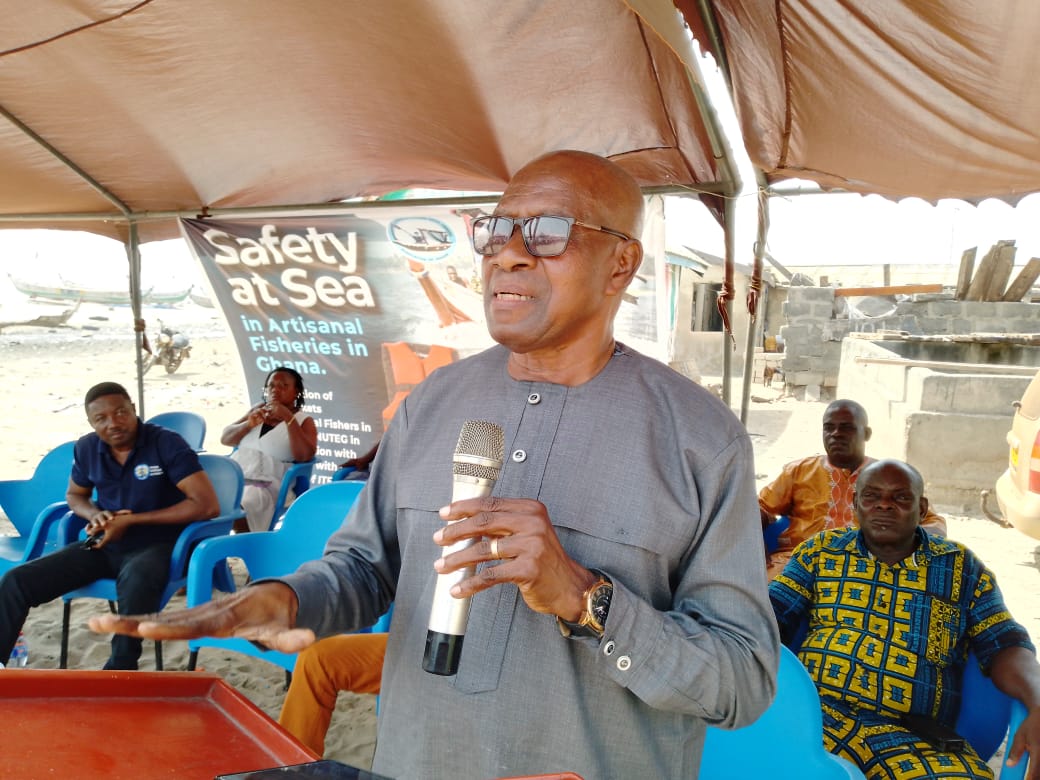

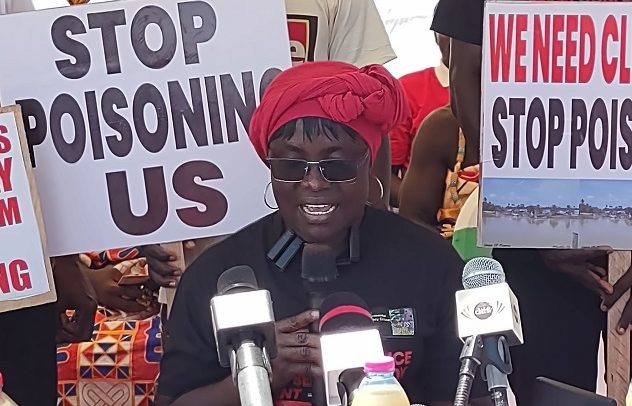

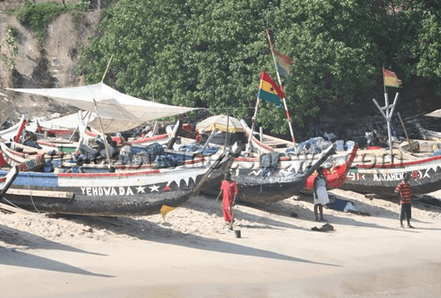
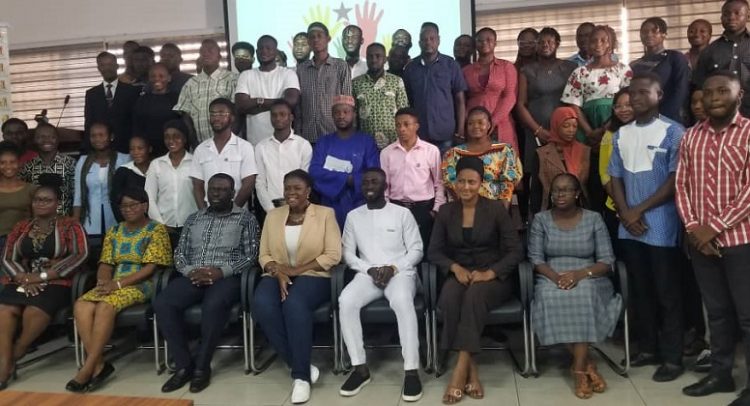
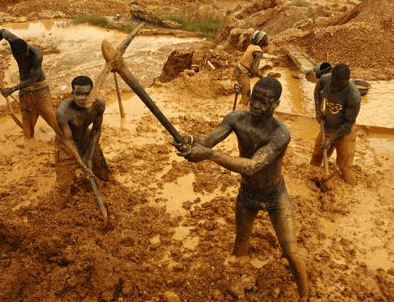






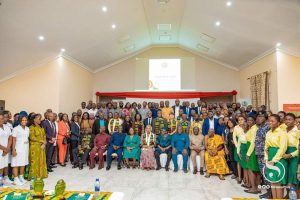
Facebook
Twitter
Pinterest
Instagram
Google+
YouTube
LinkedIn
RSS